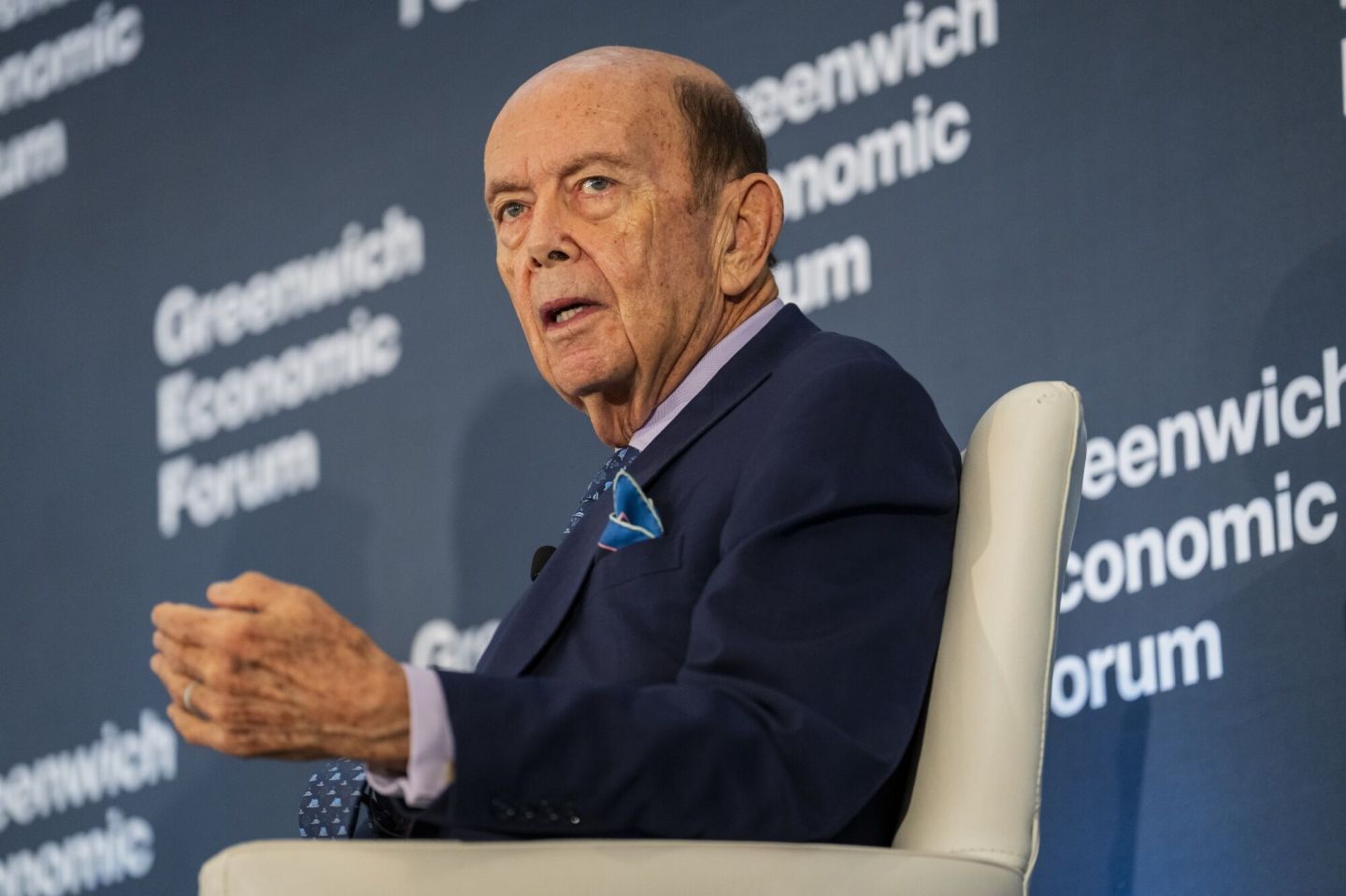Chinese regulators imposed limits on the lucrative healthcare adverts carried by Baidu on Monday following the death of a student who underwent experimental cancer treatment he found via China’s biggest search engine.
Baidu’s shares fell by 5% in pre-market trading in New York following the move, as healthcare provides 20 to 30% of the company’s search revenue, analysts at Nomura and Daiwa said. Search revenues represented some 84% of the firm’s total sales in 2015.
Baidu shares have fallen since the controversy over the death of student Wei Zexi erupted at the start of the month and had lost 10.5% of their value by last week’s close.
The restrictions mean the company must clean up in-search healthcare adverts and paid-for search adverts of any kind cannot only be based on the highest bidder, a statement from the internet, industry, and health regulators, which was posted on the website of the Cyberspace Administration of China said.
Such adverts must be restricted to no more than 30% of a page of search results, the statement said.
“If they do enforce that, it would likely significantly cut into revenues,” said Mark Natkin, managing director of Beijing-based Marbridge Consulting.
A spokeswoman for Baidu said it accepted the regulator’s decision and will firmly implement the requirements on it following the in-search adverts investigation.
Baidu has come in for fierce online criticism for how it handles adverts within its search results.
Before his death, 21-year-old student Wei Zexi not only criticized the military-run hospital that provided the failed treatment for misleading claims about its effectiveness but also alleged that Baidu, which controls 80% of the Chinese search market, had promoted false medical information.
Baidu said when the inquiry started it was also conducting an investigation and would fully cooperate with the regulator.
The company said it applied particular vigilance to healthcare customers, with screening for misleading adverts and a verification program with additional scrutiny for medical advertisers and had cleaned up its customer base.












